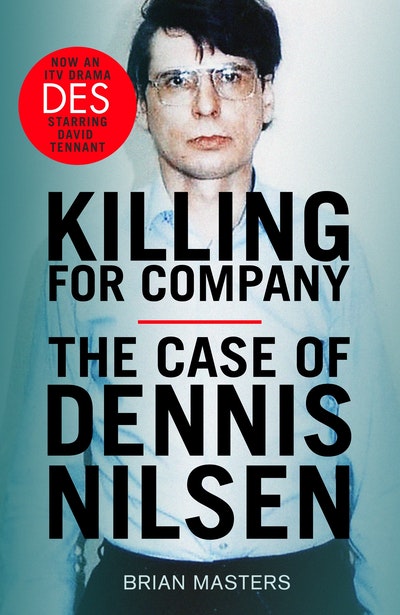[]
- Published: 15 May 2015
- ISBN: 9780857503145
- Imprint: Black Swan
- Format: Paperback
- Pages: 320
- RRP: $39.99
The Evil That Men Do
Formats & editions
Buy from…
- Published: 15 May 2015
- ISBN: 9780857503145
- Imprint: Black Swan
- Format: Paperback
- Pages: 320
- RRP: $39.99
An exercise in moral philosophy ... imbued with the writer's kindly wisdom or quivering indignation. [Masters'] accounts of our brutality and sadism to ourselves and our fellow creatures, although not lavish and never unnecessarily dwelt upon, harrow us the more keenly just because they are so well-written and admirably chosen.
Ruth Rendell, Daily Telegraph
His discussion of evil and good is calmly, even cooly detailed. It is not merely by his compassionate distancing that Masters' study manages to engage the reader; his research seems to have been exhaustive and copious. His range is impressive.
Times Literary Supplement
A welcome link in the chain of understanding: a work of ambition and complexity underpinned by an obvious desire to grasp the fundamental nature of ourselves
John Stalker, Sunday Times





